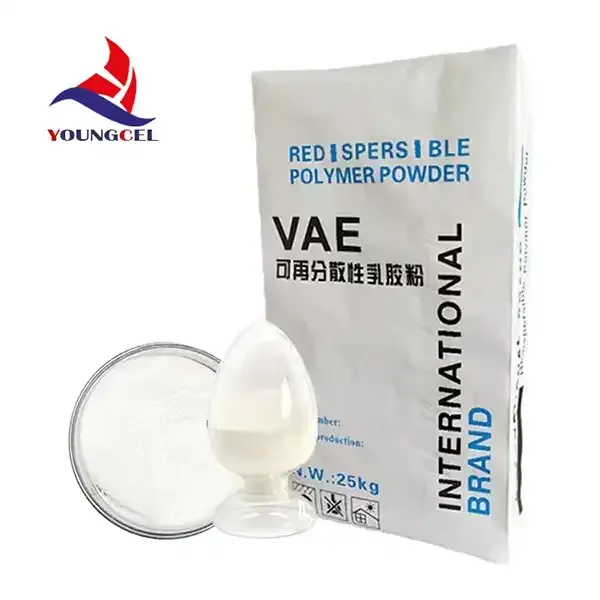Understanding Chemical Thickening Agents Applications and Considerations
Thickening agents, also known as thickeners, play a crucial role across various industries, from food and beverages to cosmetics and pharmaceuticals. These agents are substances that increase the viscosity of a liquid without substantially altering its other properties. In this article, we will delve into the types of chemical thickening agents, their functions, applications, and the considerations associated with their use.
Types of Chemical Thickening Agents
Chemical thickening agents can be categorized into natural and synthetic types
1. Natural Thickening Agents These include substances derived from plants or animals. Common examples are starch, gelatin, guar gum, and xanthan gum. Natural thickeners are often preferred in food products because they are perceived as safer and more environmentally friendly.
2. Synthetic Thickening Agents These are man-made chemicals designed to achieve specific thickening effects. Examples include hydroxyethyl cellulose (HEC) and polyacrylic acid. Synthetic thickeners can provide more consistent thickening properties and may be used in products that require precise formulation, such as in cosmetics and pharmaceuticals.
Functions and Applications
Chemical thickening agents serve several key functions in various applications
1. Food Industry In food processing, thickeners improve the texture and stability of products. They help maintain the viscosity of sauces, dressings, and desserts while enhancing mouthfeel. For example, xanthan gum is commonly used to stabilize salad dressings, preventing separation of oil and vinegar.
chemical thickening agent

2. Cosmetics and Personal Care In the beauty industry, thickening agents are essential for formulating lotions, creams, and gels. They help to create a desirable texture, improving the application and sensory experience of products. Hydroxyethyl cellulose is frequently employed in shampoos and conditioners for its thickening properties.
3. Pharmaceuticals In the pharmaceutical sector, chemical thickeners are used in the formulation of liquid medications. They enhance the viscosity of syrups and suspensions, ensuring even distribution of active ingredients. This is particularly important for products intended for children or individuals with difficulty swallowing.
Considerations When Using Thickening Agents
While chemical thickening agents are beneficial, there are certain considerations that manufacturers should keep in mind
1. Health and Safety It's essential to evaluate the safety and tolerability of thickening agents, especially in food and pharmaceutical applications. Regulatory agencies like the FDA assess the safety of these substances, but manufacturers must still be mindful of potential allergic reactions or sensitivities among consumers.
2. Cost and Sourcing Natural thickeners may be more expensive and less readily available than synthetic options. Manufacturers should weigh the benefits of using natural ingredients against their cost and availability, considering both consumer preferences and market trends.
3. Functionality and Performance The choice of thickening agent can significantly impact the final product's performance. Factors such as pH, temperature, and the presence of other ingredients can influence how a thickener behaves in a formulation. Therefore, extensive testing is necessary to ensure compatibility and efficacy.
Conclusion
Chemical thickening agents are indispensable in a wide array of industries, enhancing the texture, stability, and functionality of products. Whether natural or synthetic, each type of thickener has its unique benefits and applications. By carefully selecting the appropriate thickening agent and considering health, safety, cost, and performance factors, manufacturers can create high-quality products that meet consumer expectations. As the demand for innovative formulations continues to grow, the role of thickening agents will undoubtedly remain significant in shaping the future of various industries.
-
Rdp Powder: Key Considerations for Wholesalers in the Building Materials IndustryNewsJul.08,2025
-
Key Considerations for Wholesalers: Navigating the World of Hpmc - Based ProductsNewsJul.08,2025
-
Hpmc Detergent: Key Considerations for WholesalersNewsJul.08,2025
-
Key Considerations for Wholesalers: China Hpmc For Tile Adhesive, Coating Additives, Concrete Additives, and MoreNewsJul.08,2025
-
Crucial Considerations for Wholesalers: Navigating the World of Construction MaterialsNewsJul.08,2025
-
Key Considerations for Wholesalers Sourcing Additive For Cement, Additive For Concrete, Additive For Putty from Additive Manufacturer Shijiazhuang Gaocheng District Yongfeng Cellulose Co., Ltd.NewsJul.08,2025




